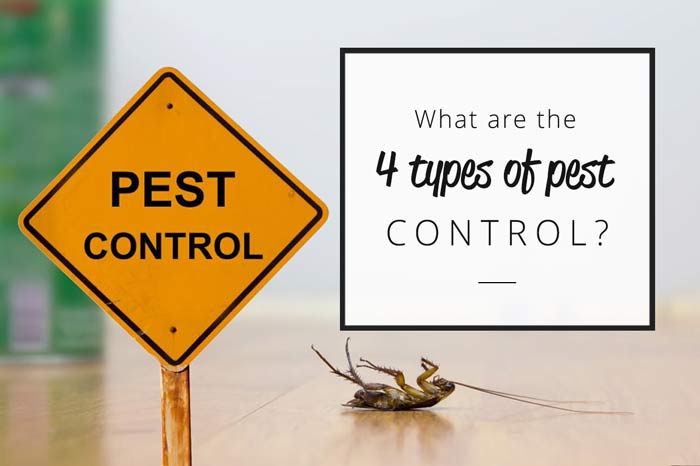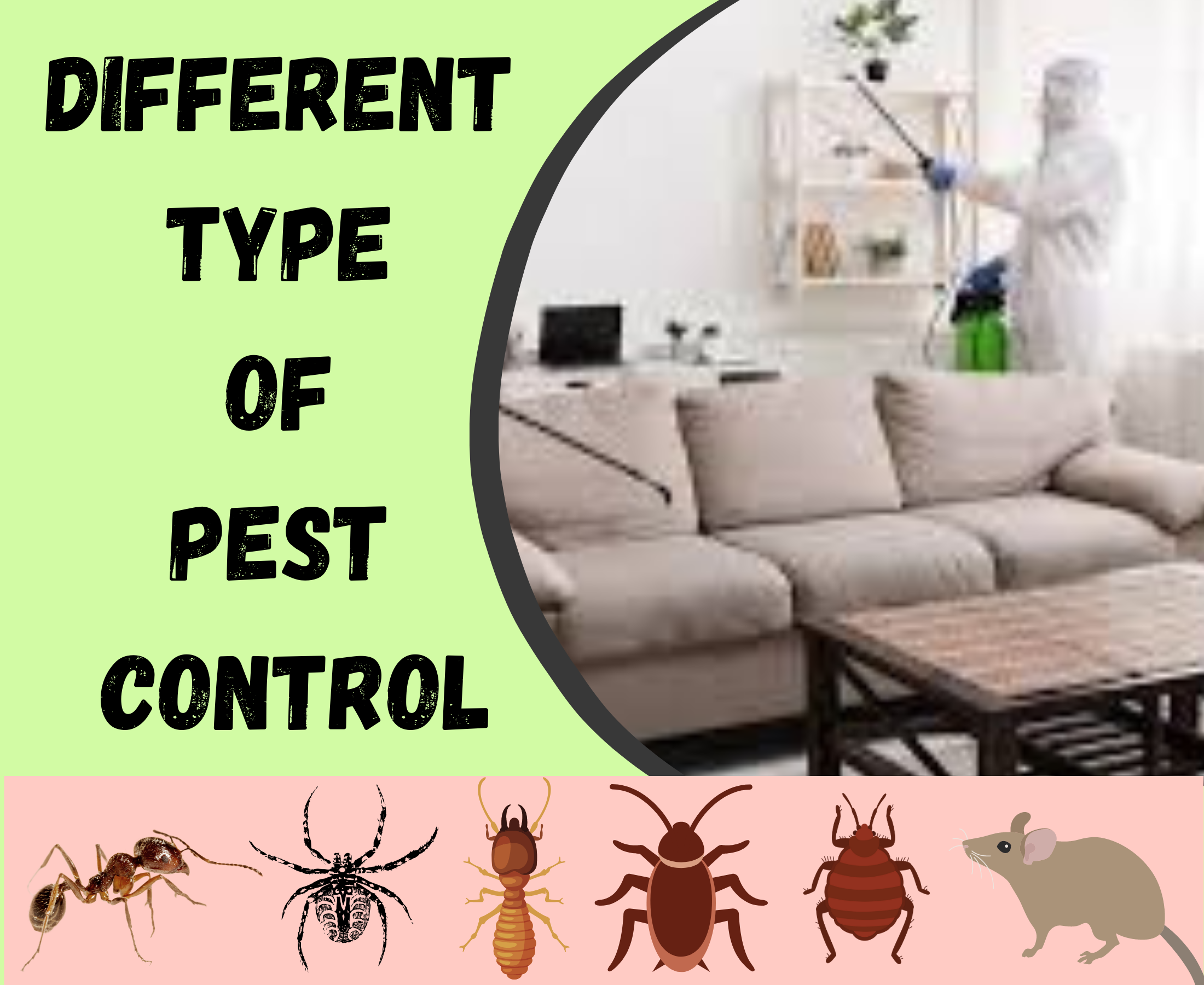The Ultimate Guide To Pest Control
The Ultimate Guide To Pest Control
Blog Article
Getting My Pest Control To Work
Table of ContentsThe smart Trick of Pest Control That Nobody is Talking AboutEverything about Pest ControlWhat Does Pest Control Do?How Pest Control can Save You Time, Stress, and Money.How Pest Control can Save You Time, Stress, and Money.Getting The Pest Control To Work
Our searchings for show that the preliminary analysis will certainly set you back anywhere from $160-$300 usually. Ideally, house owners ought to set up analyses for their residences at the very least annually. From there, numerous exterminators set prices based upon the customer's particular needs. This generally sets you back anywhere in between $400-$1000 for the whole year's coverage, with monthly or bi-monthly visits currently rolled into the last cost.Depending upon the trouble, a work that needs an one-time browse through commonly sets you back $300 to $550. These are the simplest prices to detail in your insect control catalogs. Make certain to describe to your client the procedure and the time it will certainly take to examine the situation. Throughout this first browse through, you may uncover that the job calls for a number of added check outs, whereupon you can consider it an initial browse through.
Insects that usually calls for ongoing check outs consist of: Cockroaches. Our searchings for show that a preliminary see is concerning $180 and is the initial of a recurring agreement. During this very first check out, you must: Examine the issue.
12-month agreement. In basic, the frequency of periodic check outs is: Each month: $40 45. Every two months (semi-monthly): $50 60. Every three months (quarterly): $100 300. Pest control is a chemically-intensive company. Nevertheless, chemicals are the crucial products that pest control men make use of to complete a task. Usual chemicals include: Boric acid.
A Biased View of Pest Control
Necessary materials and supplies you'll use consist of: Respirator. Your tools must be consisted of as component of your overhead prices. If you have staff members, then labor prices are going to be the largest expenditures for your business.
Limitations of Chemical Management Be able to analyze parasite problems, identify if management is essential, and make appropriate suggestions making use of IPM strategies. Know with different techniques of parasite management - their benefits and limitations. Recognize the value of helpful pests. It is not possibleor even desirableto rid gardens of all pests.
This phase reviews (IPM), an approach that uses expertise about insects and their, techniques, nonchemical approaches, and chemicals to handle insect problems. Additional information concerning IPM for details plants is consisted of in chapters that focus on those plants. Nonchemical insect control steps are stressed in chapter 17, "Organic Horticulture." Handling birds and animals is covered in phase 20, "Wild animals." Taking care of in the lawn and garden is covered in phase 6, "Weeds." Parasites in a yard or landscape might consist of bugs and mites, weeds,, creatures, and birds.
Examine This Report about Pest Control
Lots of people hurry to draw, hoe, or spray every weed they see. Insects and weeds, nevertheless, contribute in the. After planting a yard or developing a lawn, the natural procedure of plant succession starts to reestablish and nonnative plants. A weed growing in a grass stands for the initial stage in a series of events that, if permitted to proceed, might eventually cause a woodland.
What we call "bugs" are click here now component of an all-natural system at job. Only human beings consider specific types parasites when they occur where they are not wanted.
Insects vulnerable to a pesticide were rapidly eliminated, leaving immune ones to reproduce and increase. It came to be clear that chemicals alone would not resolve all parasite troubles. Rather, overuse of chemicals triggered the advancement of resistant pests. Scientists began to develop a brand-new strategy to pest control. This her comment is here brand-new technique was called integrated insect management (IPM).
An IPM plan allows some degree of insects in the atmosphere. Pests are much less most likely to survive a program that makes use of several approaches of lowering their populaces. Integrated insect monitoring was very first suggested by entomologists because insects were the very first group of parasites to show difficult to take care of with chemicals alone.
All About Pest Control

Management instead of eradication of insects is the goal. An IPM strategy starts with a mindful evaluation of each parasite invasion. Just after that can one make a decision about the appropriate methods needed to reduce insect activities. The life process of the insect, feasible damages, natural adversaries, and effects of weather, amongst other factors, are considered prior to a control plan is applied.
Clover expanding in a grass may be considered as an unwanted weed, yet as a legume it is synthesizing nitrogen for the dirt and the blossoms are providing nectar to honey bees and various other. Resistance for some weeds might belong to an IPM plan. might be consuming the fallen leaves of a plant, yet when they are determined as the larvae of Eastern tiger swallowtail butterflies, their damage might be tolerated so we can enjoy the lovely butterfly.
Matt Bertone Avoidance is the very first tool in insect administration since it is the most efficient, least expensive, many ecologically friendly solution. Choosing a healthy plant that grows in the desired area with the readily available light, growing it very carefully, and making sure that it has appropriate water and nutrients avoids anxiety and lessens insect problems.
Some Known Details About Pest Control
The 2nd most vital tool in pest monitoring is early treatment. Being existing and observant in the yard ensures very early detection. Responding to Click Here problems swiftly, before they have time to multiply, calls for a much less significant intervention. The 3rd most vital tool is recordkeeping; tracking what happens in the garden enables a gardener to identify patterns and make notified decisions.
Many secure, practical, nonchemical techniques of plant defense and pest administration might reduce or get rid of the demand to spray. Other techniques are most beneficial when utilized with chemicals. To implement administration practices properly and to lessen losses, garden enthusiasts ought to know the kinds of pests that attack plants and recognize pest biology.
Insect administration approaches fall under four groups: cultural, mechanical, organic, and chemical. Maintaining plants healthy and balanced and preventing plant anxiety aids plants to much better hold up against and repair the damage triggered by an insect or mite insect. Some proof shows that healthy plants withstand invasion by bugs much better than plants with reduced vigor.
Conducting a soil test and applying only the recommended amount of fertilizer and lime maximizes the benefit to the plant while minimizing problems related to excessive use of fertilizer. Treatment the dirt with numerous inches of compost shields the plant in numerous methods: minimizing soil water loss to evaporation, minimizing weed competition, supplying nutrients, and developing an appropriate atmosphere for earthworms and microorganisms that keep the dirt loosened for roots and damage down natural material to release nutrients.
The 9-Second Trick For Pest Control

If tilling is considered necessary, take into consideration doing it in the autumn when the life cycles of numerous parasites brings them near the surface. At the surface area, pests become exposed to the weather as well as birds and other natural opponents.
Report this page